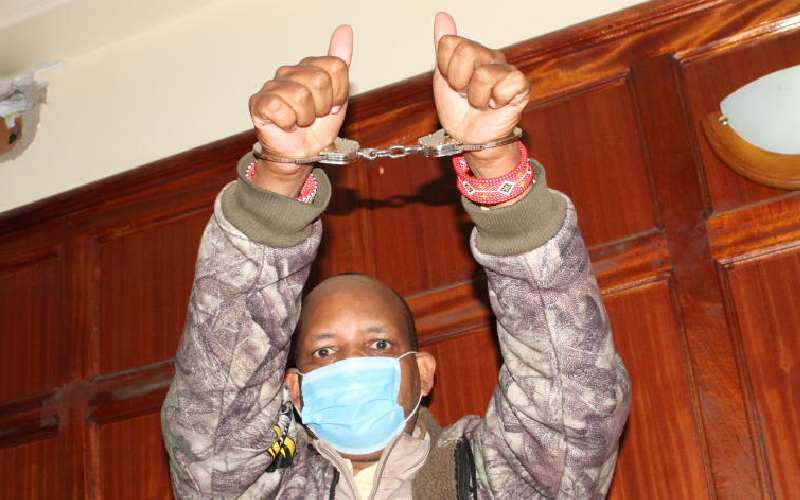×
The Standard e-Paper
Smart Minds Choose Us

Former Laikipia North MP Mathew Lempurkel at a Milimani court on September 09, 2021, when he was arraigned at the court in connection with an offence related to hate speech. [Collins Kweyu, Standard]
A seasoned journalist made a troubling assessment of the Uhuru Kenyatta succession.